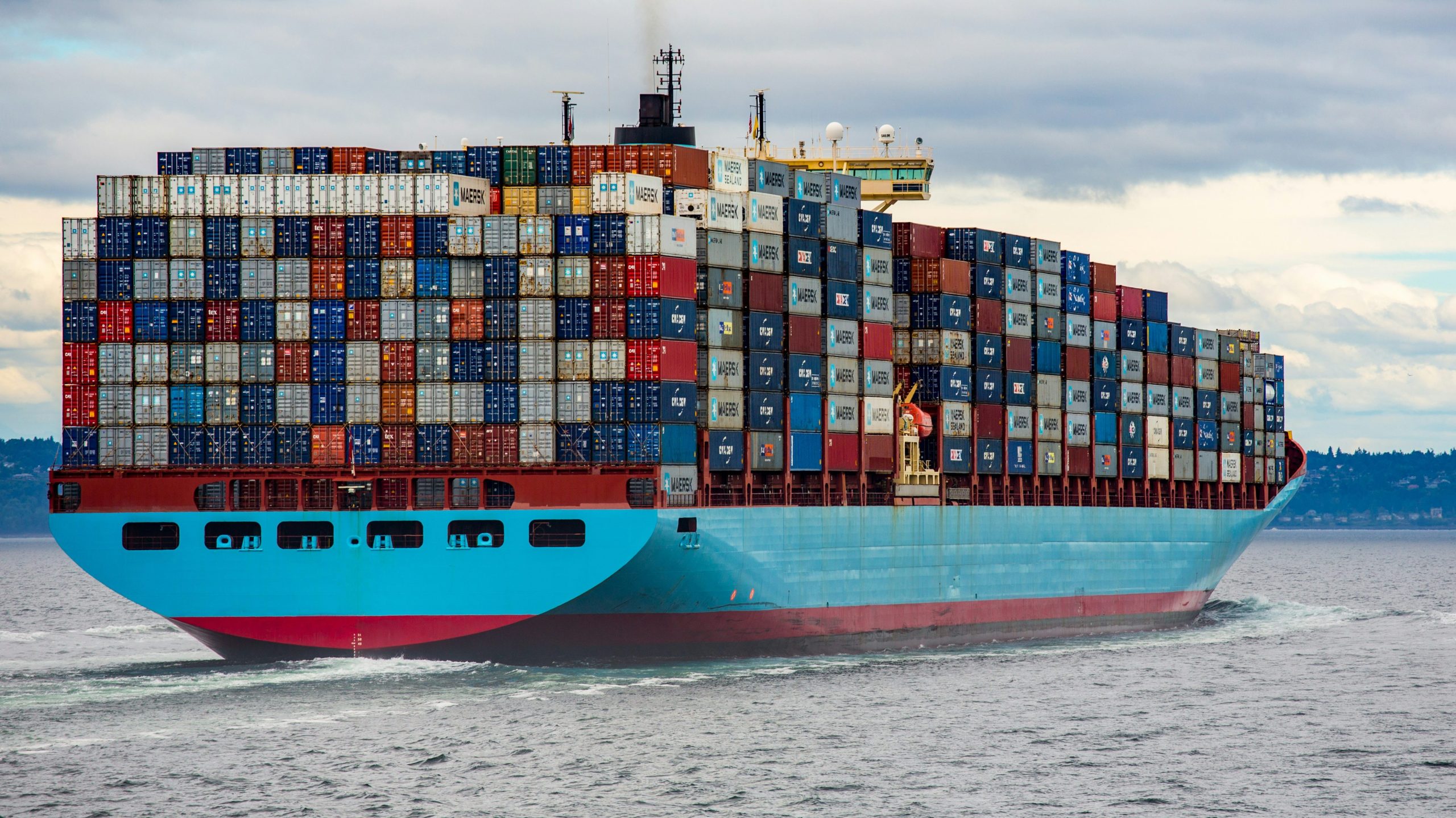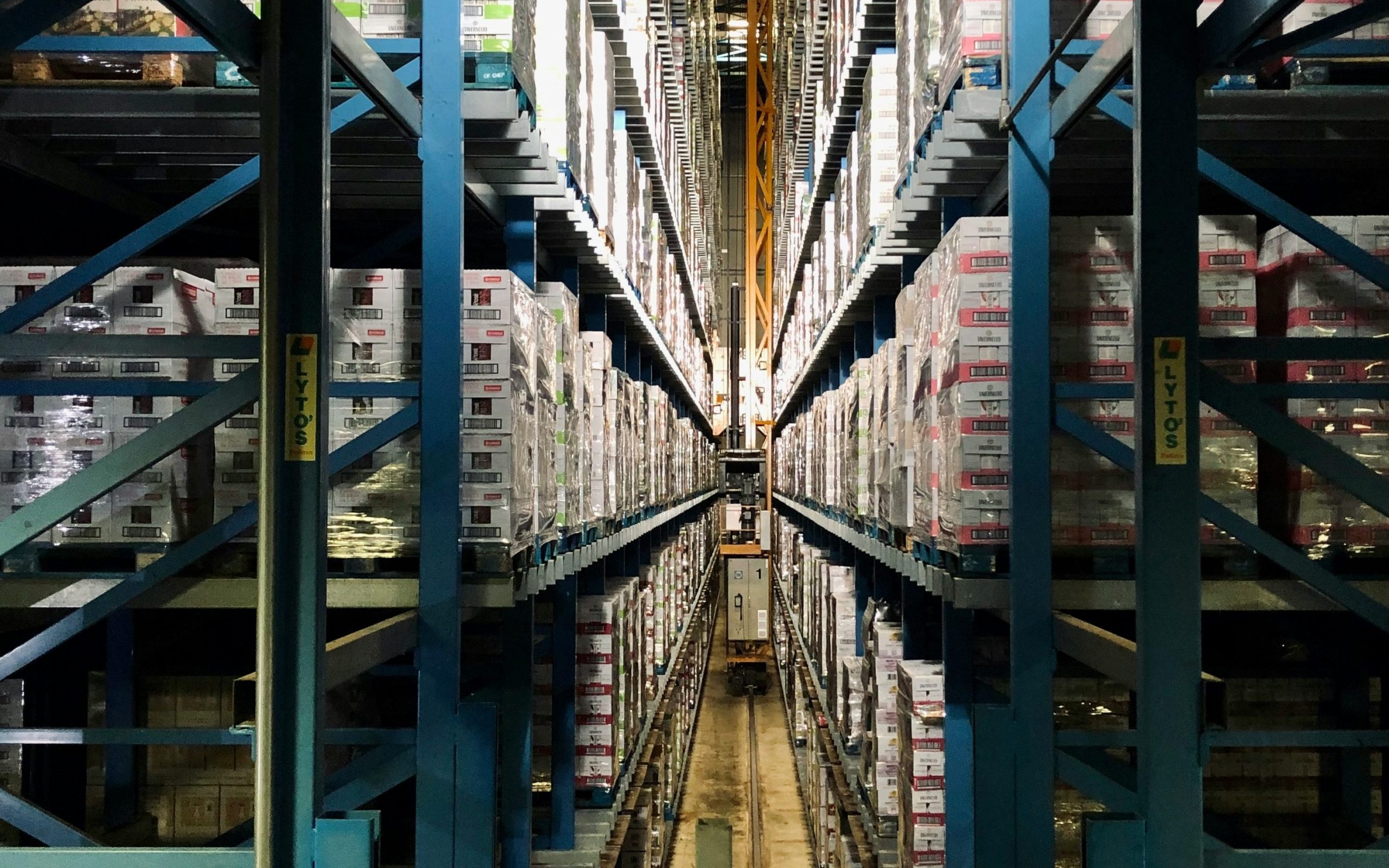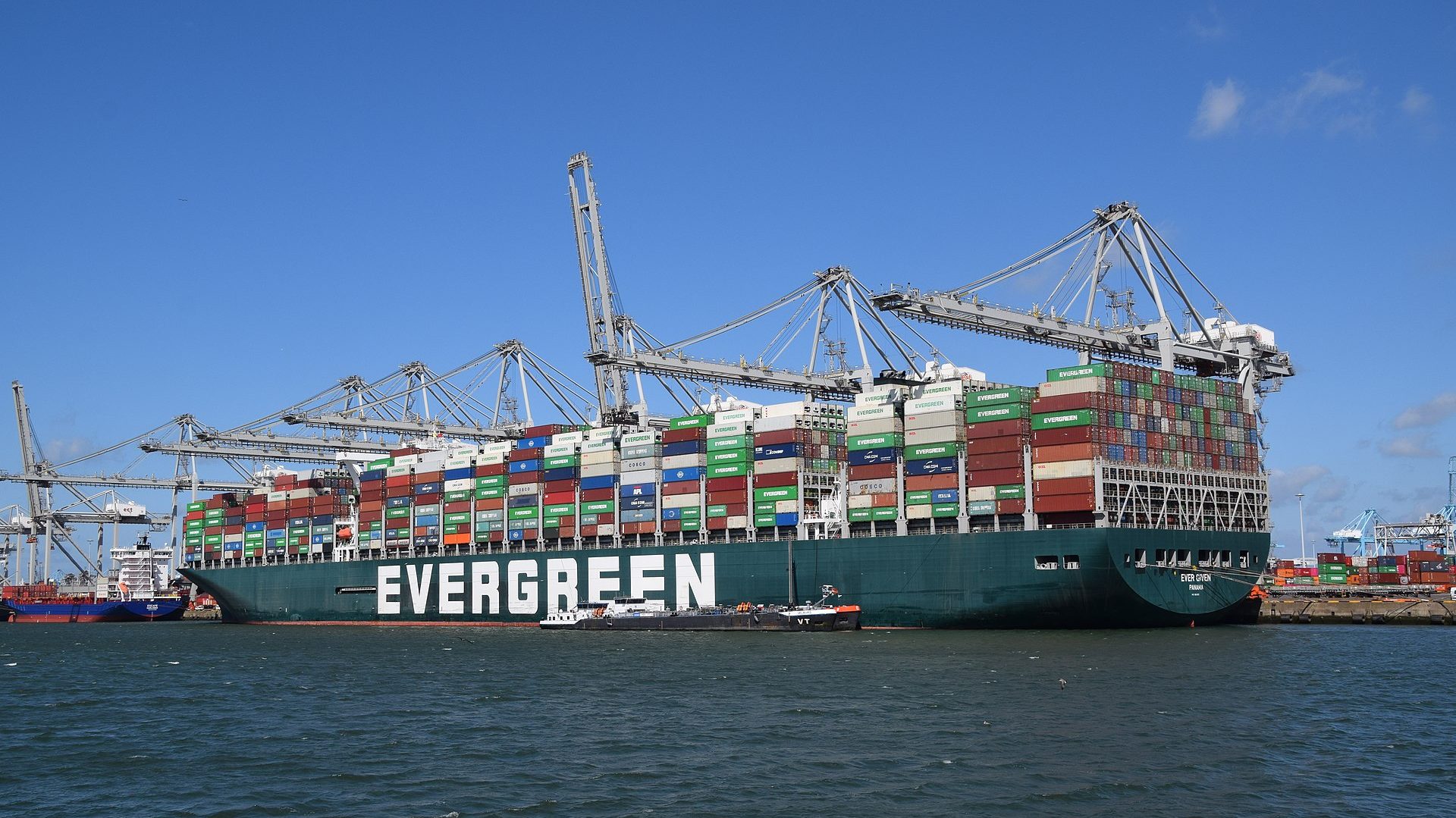Due to globalisation, maritime traffic has increased dramatically. This increase also increases the risk of shipping accidents, which can have long-lasting effects on global supply chains. These incidents result in the immediate loss of cargo and lead to disruptions across various economic sectors, causing problems that can take months or even years to sort out.

Immediate Impact on Cargo and Environment
In a shipping mishap, the primary concern is retrieving the cargo. The extent of the accident will determine whether the cargo is lost at sea, damaged, or delayed. Even a brief delay can render the products unsalable for perishable commodities, resulting in significant financial setbacks for exporters. Furthermore, such incidents often result in environmental catastrophes, with hazardous materials being released into the ocean and adversely impacting marine life. The subsequent cleanup and legal proceedings can be financially burdensome and time-consuming, underscoring the urgent need for more stringent safety regulations in the shipping industry.
Supply Chain Disruptions

In the event of a shipping accident, the entire supply chain is disrupted, causing ramifications for retailers, manufacturers, and consumers alike. Inventory loss or delayed shipments create market gaps, leading to stock shortages for retailers and resulting in revenue loss and customer dissatisfaction. Manufacturers reliant on just-in-time delivery face production delays, thereby unsettling interconnected industries. For consumers, the repercussions include product unavailability and potential price escalation.
Rising Expenses and Higher Insurance Premiums

The occurrence of shipping accidents often leads to escalated transportation expenditures. This is coupled with a notable surge in insurance premiums for shipping companies, and these heightened costs are then transferred throughout the supply chain, ultimately impacting the end consumer. Furthermore, companies may invest in more sophisticated and consequently more expensive tracking and safety technologies to mitigate future risks, thereby further amplifying operational costs.
Long-Term Repercussions and Loss of Trust
The long-term consequences of shipping accidents can be quite serious. When accidents occur repeatedly, businesses can lose faith in specific shipping routes or companies, leading them to look for alternative, potentially more costly logistics solutions. This loss of trust can also damage a country’s reputation as a dependable trade partner, which can have a significant impact on its economy.
Case Study
The blockage of the Suez Canal by the Ever Given in 2021, a 400-meter, 200,000-ton container ship operated by Evergreen Marine, is a prime example of how a single shipping accident can disrupt global trade. The incident highlighted the vulnerability of supply chains and emphasised the importance of having contingency plans. It also sparked discussions on diversifying supply routes and investing in infrastructure to prevent similar occurrences.

Mitigating the Impact
Companies need to create strong risk management plans to reduce the impact of shipping accidents. This involves diversifying supply chains, keeping sufficient inventory levels, and obtaining insurance. It’s also essential for shipping companies, governments, and international organisations to work together to enhance safety standards and emergency response protocols.
Technology

Technological innovations in maritime safety serve as powerful tools for averting shipping accidents. Automated systems, artificial intelligence, and enhanced navigation tools swiftly recognise potential hazards and mitigate human errors. Additionally, real-time tracking and monitoring systems facilitate rapid response times during emergencies, thereby reducing the extent of damage caused.
Shipping accidents are an unfortunate reality of maritime trade. However, their impact on supply chains can be managed with proper planning and investment in technology. As the global economy continues to grow, the resilience of supply chains will be tested. All stakeholders must work together to ensure the smooth flow of goods across the world’s oceans.

If you are ready to learn something new, certify what you know, network with professionals globally, or take on a new challenge, consider getting a globally recognised master’s degree. Take a look at our list of online programmes and see if we have anything that aligns with your new career path.
You can also chat LIVE on WhatsApp with one of our Education Advisors for more information on all the programmes we offer, the application process, and the discounts we might offer.
